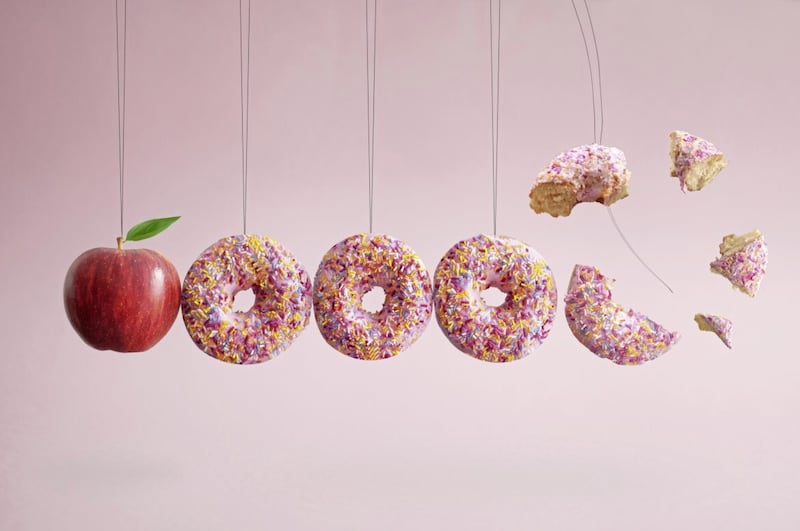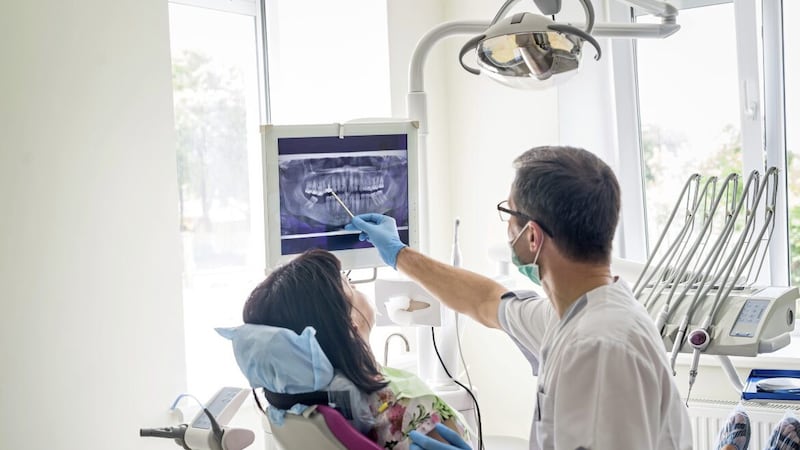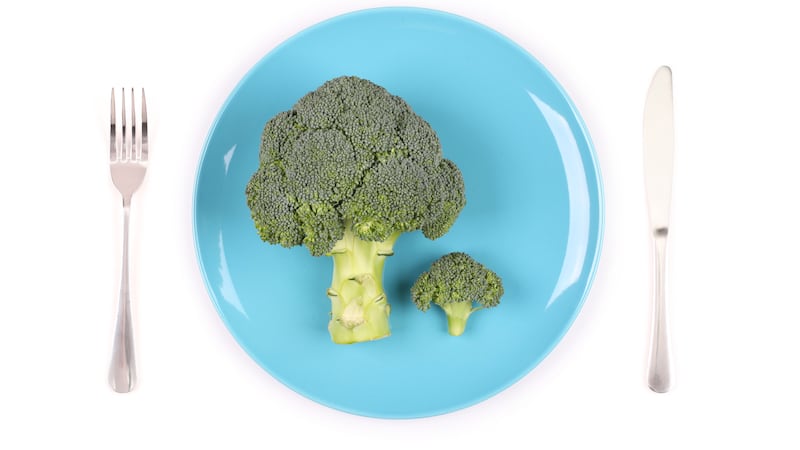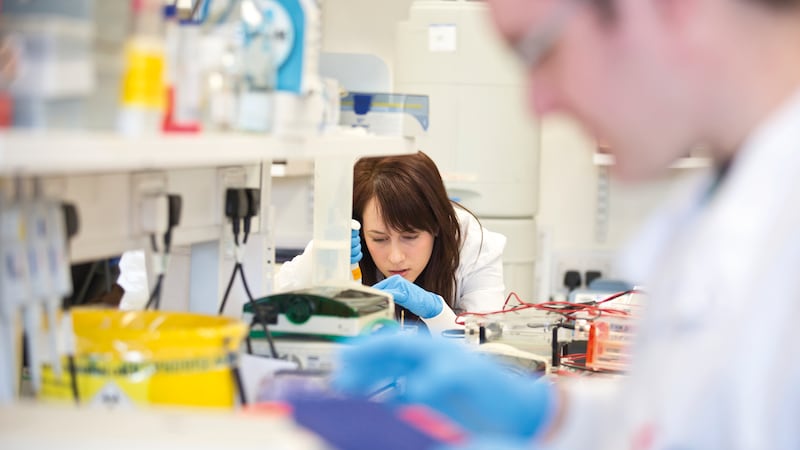NHS dentistry has run out of road, according to the British Dental Association Northern Ireland.
In November, the BDANI met with the Department of Health to discuss the worsening outlook for health service dentistry, and a range of workforce issues which are heavily impacting the profession.
They conveyed the sentiment of Community Dental Service dentists who report feeling increasingly overworked, underpaid and underappreciated in a progressively pressured working environment.
It was also highlighted that there is a wave of change engulfing general dental practices which are undergoing a noticeable shift from health service dentistry into private work. This is linked to an unviable remuneration model and the trend is set to escalate in 2024.
Read more:
- Ask the Dentist: Why am I so tired after dental treatment?
- Ask the Dentist: What should I use to make my teeth whiter?
- Ask the Dentist: What does cocaine do to your mouth?
The department's permanent secretary, Peter May, listened to the current substantial pressures impacting heavily across the entire dental workforce, as relayed by the BDANI committee chairs representing the various crafts of dentistry.
Recently Scotland has demonstrated changes to the provision of NHS dentistry to try and stabilise a similar service to our own. While the permanent secretary expressed his wish to see dentists here paid at parity with their colleagues in Britain, he said he is not in a position to proceed with dental payment/contract reform at this time, not least because of the wider budget situation and the absence of an NI Executive.
The BDANI is deeply concerned with the inaction in the face of a failing General Dental Service.
NHS dentistry in Northern Ireland requires an urgent recalibration of fees to make the service financially viable. Health Service-committed practitioners’ exposure to ever-increasing costs to provide care was laid bare in the Chancellor’s Autumn Statement, which provided for a 10% increase to the National Living Wage from April.
In the absence of any mechanism by the department of health to ascertain and mitigate the rising costs required to provide NHS dental care on an annual basis, the current model becomes increasingly unsustainable.
The ball is in the department's court, as Mr May has been formally asked to outline the process that his department will put in place to achieve the objective outlined by the DDRB, an independent pay review body on doctors' and dentists' remuneration.
This issue goes to the heart of whether the department can shore up a dental service in Northern Ireland that is financially sustainable.
****
"YOU can't teach an old dog new tricks," goes the saying. But it's not true – you can, and I have living proof. My other half has recently started displaying a very odd new habit. We have been together 20 years and living in the same house for over a decade, so you can imagine how skilled my David Attenborough Wife Powers of Observation have become.
My husband has abruptly departed from his usual method of emptying the dishwasher – unloading the contents not into the cupboards and drawers but leaving the items on the countertops nearish to their usual quarters.
Is this: a) a silent passive-aggressive strike indicating that the wife should really be doing this kind of work (maybe I have time warped back to the 1950s?); b) it's not really my husband and it's actually a shapeshifting reptilian alien; c) he is acutely lazy which I know he isn't as the 61 1/2-year-old repeatedly reminds me of how busy, busy, busy he is.
I'm in two minds. Should I mutely ride the wave and not rise to the bait, or pile the entire dishwasher contents onto his desk?
This does display how we can all change our habits, rapidly and at any stage of life. Where our health is concerned it's rarely too late to employ a habit change for the better. It takes 66 days to adopt a new behaviour. It may not be easy, it may not be enjoyable, but it is doable.
Within one month of embracing a no sugar, non-processed, non-packaged, no ready meal diet – just cutting out all the rubbish – our blood sugar levels start to stabilise. Type 2 diabetes can be reversed, cancers are starved, the risk of tooth decay falls off a cliff, gum health is re-established, and our good body bacteria are given the chance to flourish and resume their day job of protecting our entire body.

The first part of changing a habit is identifying our normal patterns, like when we eat the rubbish. Maybe it's reaching for a biscuit with your tea or always pouring a sugary drink to eat dinner with.
Try selecting a healthier substitute then after you take it visualise three positive body health benefits that you want to achieve. Repeat daily until the habit sticks.
:: Lucy Stock is principal dentist at Gentle Dental Care in Belfast. gdconline.co.uk








